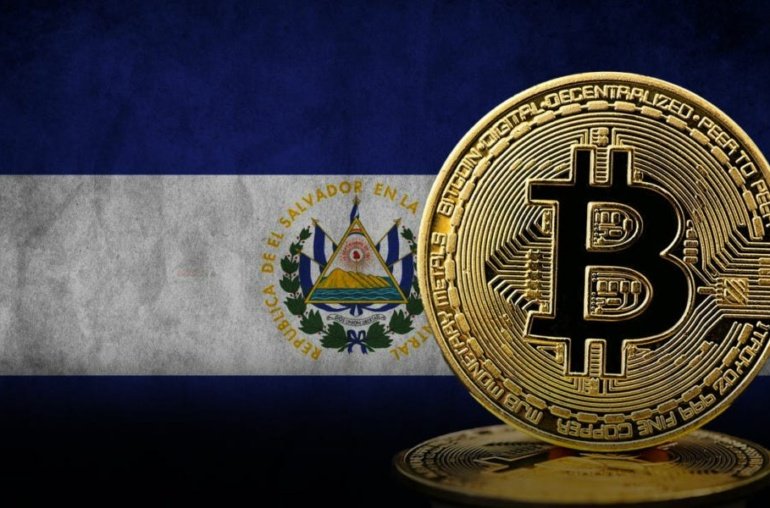The rise in popularity of cryptocurrency has once again sparked controversy, this time focusing on its environmental impact. A recent report by Greenpeace sheds light on the energy consumption of Bitcoin mining, specifically calling out Wall Street financiers for their involvement in supporting the industry.
The report highlights the close ties between traditional financial institutions and the environmental repercussions of Bitcoin mining. Despite Bitcoin’s decentralized nature, the massive mining operations required to secure the currency are often funded and backed by Wall Street giants. While Bitcoin is often portrayed as independent from traditional finance, the report reveals that the industry heavily relies on banks, asset managers, and venture capitalists for the capital needed to function.
Greenpeace identifies major financial institutions such as BlackRock and Vanguard as top financiers of Bitcoin mining companies in 2022. The report estimates that these institutions, along with others, indirectly contribute to over 1.7 million metric tons of CO2 emissions, equivalent to the annual electricity consumption of hundreds of thousands of homes.
The core of the environmental concern surrounding Bitcoin lies in its Proof-of-Work (PoW) system. This system relies on a network of computers solving complex mathematical puzzles to validate transactions and secure the network. The more computing power dedicated to the network, the more secure it becomes, but this also results in a significant demand for electricity.
Greenpeace argues that the PoW system is unsustainable in the face of climate change and proposes a shift towards alternative consensus mechanisms like Proof-of-Stake, which consume significantly less energy. However, some industry experts caution against a rapid transition, as PoW has proven to be highly secure for Bitcoin over the years.
The debate on Bitcoin’s environmental impact is ongoing, with valid concerns raised by Greenpeace regarding Wall Street’s involvement and the energy inefficiency of PoW. Some Bitcoin mining companies are already transitioning to renewable energy sources such as solar and geothermal power. Research is also being conducted to optimize the PoW system and reduce its energy footprint.
The future of Bitcoin hinges on several key actions. Transparency regarding energy use by miners and financial institutions is crucial. Exploring new mining methods and regulating energy sources are important steps to ensure Bitcoin’s growth without harming the environment.
In conclusion, while the environmental impact of Bitcoin mining is a pressing issue, efforts are being made to address and mitigate these concerns. Collaboration between industry stakeholders, regulators, and environmental organizations is essential to ensure a sustainable future for cryptocurrency.



